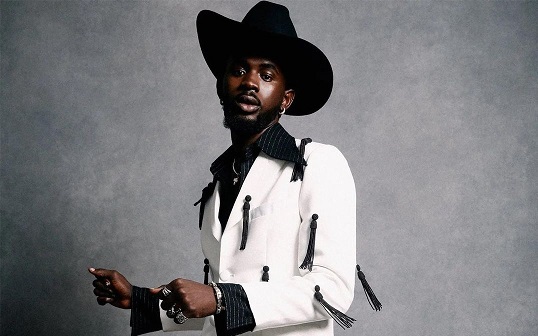Ghanaian singer and rapper Black Sherif has revealed that he deliberately avoids themes of women and sex in his music—not out of disregard for such subjects, but because he believes he has more pressing, impactful messages to deliver.
In an interview with Graphic Showbiz, the award-winning artist made it clear that his goal as a musician is not to chase quick hits or temporary attention, but to connect deeply with listeners through honest, relatable storytelling.
“I don’t write songs about women or sex because I have more important things to say.
“My goal is to connect with people through messages they can relate to—real-life struggles, sacrifices, dreams and victories.
“I believe that’s the kind of music that stands the test of time,” Black Sherif said.

Known for hits like Kwaku the Traveller and Second Sermon, Black Sherif’s music often delves into themes of survival, hustle, pain, and self-discovery—subjects that resonate strongly with Ghana’s youth and a growing international fanbase.
He further explained that his songwriting process is deeply intentional and guided by a commitment to authenticity.
“When I sit down to write, I’m deliberate about the messages I want to convey.
“I don’t compromise my artistic integrity for temporary fame. That’s what drives me to keep pushing the boundaries of my art and staying true to myself,” he added.
Born Mohammed Ismail Sherif, Black Sherif rose to prominence in 2021 with a string of raw, emotionally charged records that catapulted him to the forefront of Ghana’s music scene.
His breakout song Second Sermon became a youth anthem, followed by Kwaku the Traveller, which charted globally.
His debut album, The Villain I Never Was, earned critical acclaim for its genre-blending sound—fusing drill, trap, and Afrobeat with introspective lyrics.
Now a household name across Africa, Black Sherif continues to redefine the new age of Ghanaian music with his fearless storytelling and boundary-breaking artistry.

